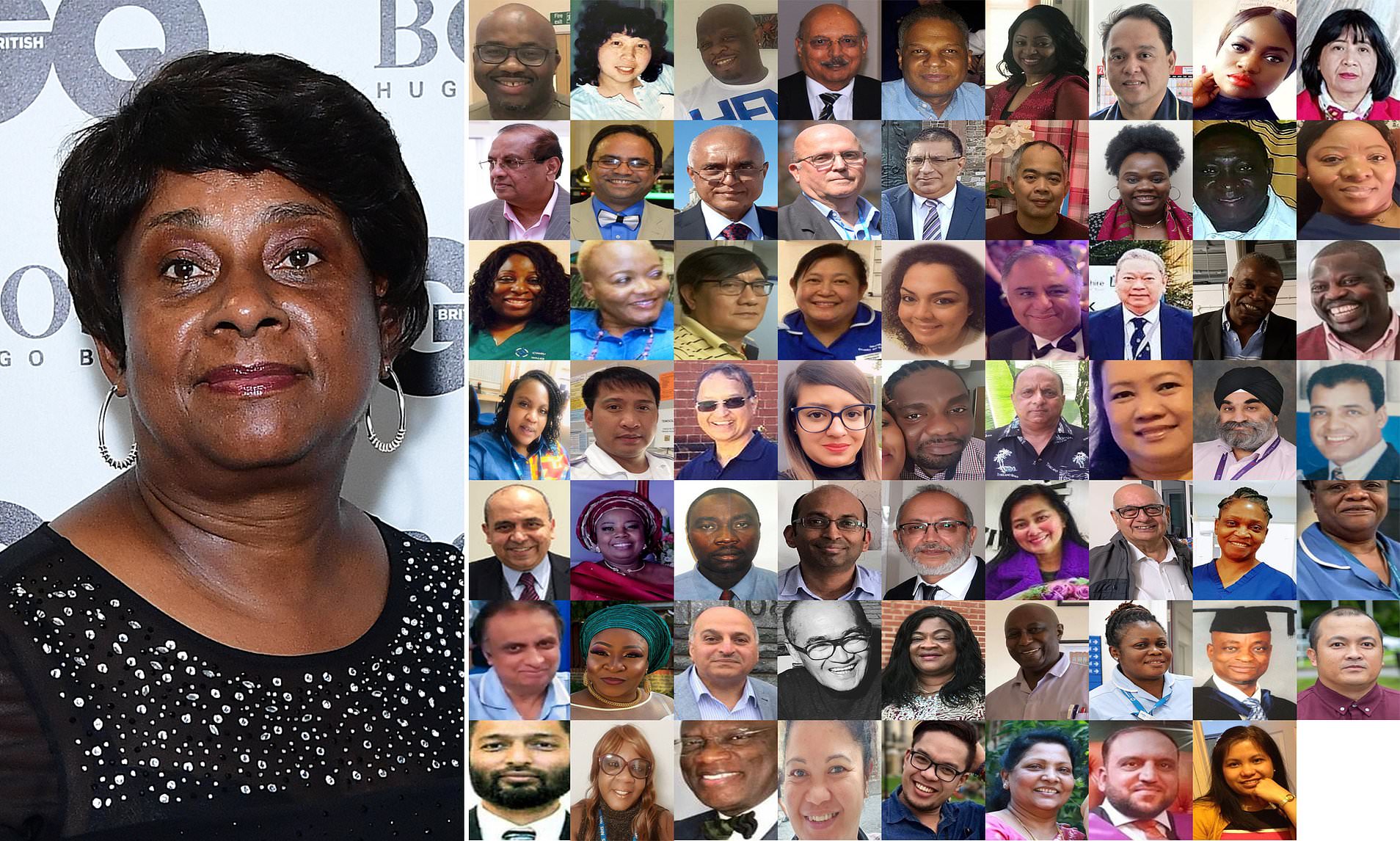
Worse BAME coronavirus outcomes because of structural discrimination
Decades of structural discrimination led to the disproportionate impact of the coronavirus pandemic on black, Asian and minority ethnic (BAME) communities, a review has said.
Baroness Doreen Lawrence, mother of murdered black teenager Stephen Lawrence, claimed there were structural inequalities within government, health, employment and the education system that Covid-19 ‘thrived on’ as the outbreak took hold.
She said BAME people have been overexposed to the virus by being overrepresented in public-facing industries where they cannot work from home and living in overcrowded housing.
‘Black, Asian and minority ethnic people have been overexposed, under-protected, stigmatised and overlooked during this pandemic – and this has been generations in the making,’ Baroness Lawrence wrote in the report’s foreword.
The findings conflict with those of Downing Street Covid adviser Dr Raghib Ali, who said last week that structural racism was not a ‘reasonable explanation’ for the high Covid toll among minority groups.
Decades of structural discrimination led to the disproportionate impact of the coronavirus pandemic on black, Asian and minority ethnic (BAME) communities, a review has said. Pictured are some of the BAME healthcare staff who fell victim to the disease
Baroness Lawrence was commissioned to lead the review into how Covid-19 is affecting BAME communities by Labour leader Sir Keir Starmer.
Workers have been put at risk by the Government’s failure to facilitate Covid-secure workplaces, and the ‘no recourse to public funds’ rule has disproportionately affected BAME communities, she said.
They have also experienced what she called ‘disgraceful racism’, fuelled in part by global leaders calling Covid-19 the ‘Chinese virus’.
The terms was used by US President Donald Trump and others after the virus first emerged in the Chinese city of Wuhan late last year.
Baroness Lawrence said it was hoped that a previous Public Health England report would recommend action to reduce disparities, but added that it failed to do so.
And a statement last week from the Minister for Equalities Kemi Badenoch, to mark the launch of a Government report, risks being ‘too little too late’ and failed to address systemic, structural drivers, Baronesss Lawrence said.
Dr Raghib Ali, who helped with the report on progress to address Covid-19 health inequalities, said he is not convinced structural racism played a role.
In the new report’s foreword, Baroness Lawrence also wrote: ‘This must be a watershed moment for change.
‘The impact of Covid is not random, but foreseeable and inevitable, the consequence of decades of structural injustice, inequality and discrimination that blights our society.
‘We are in the middle of an avoidable crisis.

